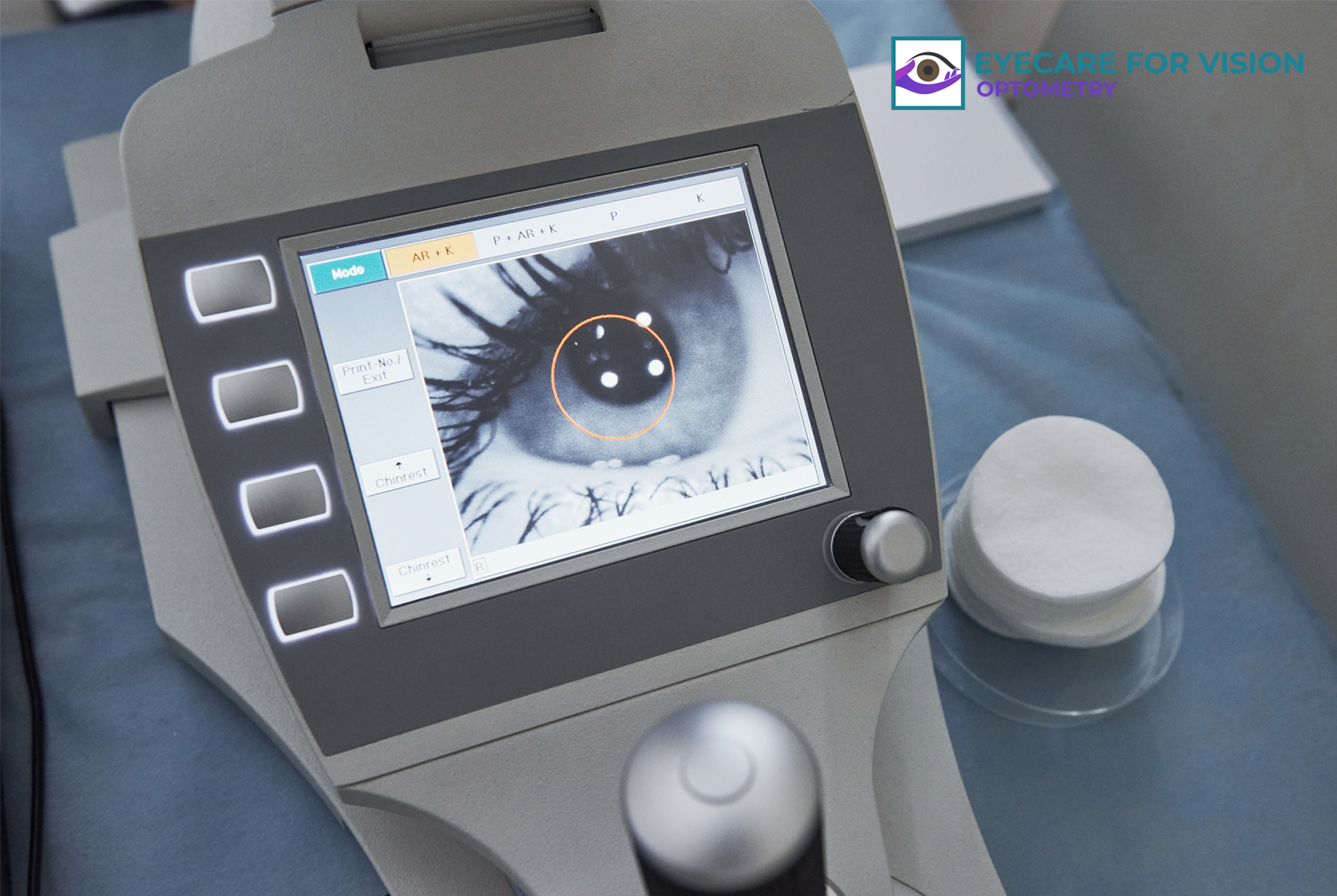Why Do Some Medications Cause Dry Eyes or Blurred Vision?
TLDR
Some medications can contribute to dry eyes and blurred vision.
Dry eyes may cause discomfort and irritation.
Blurred vision can interfere with daily activities.
Professional evaluation helps identify causes and solutions.
Can Autoimmune Diseases Like Lupus or Rheumatoid Arthritis Damage Vision?
TLDR
Autoimmune diseases can affect eye health and vision.
Common symptoms include dry eyes, pain, and blurred vision.
Management requires personalized care and regular eye exams.
Early detection is crucial to prevent long-term vision damage.
How Does Sleep Apnea Affect the Eyes?
TLDR
Sleep apnea can significantly impact eye health and vision.
Conditions such as glaucoma and dry eye syndrome are associated with sleep apnea.
Regular eye exams are essential for early detection and management.
Consult an optometrist for personalized care and treatment.
What Do Yellow Eyes Indicate About Liver or Overall Health?
TLDR
Yellow eyes often indicate jaundice linked to liver issues.
Common causes include hepatitis, liver disease, and bile duct obstruction.
Treatments vary depending on underlying causes.
Healthy lifestyle choices can support liver health.
Seek professional medical evaluation for any yellowing of the eyes.
Can Anemia or Low Iron Levels Cause Vision Changes?
TLDR
Anemia can potentially affect vision and eye health.
Symptoms include fatigue, dizziness, and possible changes in vision.
Treatment involves proper diagnosis and addressing underlying causes.
Regular eye exams and a healthy lifestyle help reduce risks.
What is optic neuritis, and how is it connected to neurological conditions?
TLDR
Optic neuritis is inflammation of the optic nerve affecting vision.
It can be linked to neurological conditions such as multiple sclerosis.
Symptoms include vision loss, pain, and color vision changes.
Early diagnosis and treatment are key to managing symptoms and underlying causes.
Can Too Much Screen Time Worsen My Child’s Nearsightedness?
TLDR
Excessive screen time may contribute to worsening nearsightedness (myopia) in children.
Symptoms include frequent squinting, headaches, and eye strain.
Treatments range from corrective glasses to specialized myopia management.
Prevention tips include regular eye exams and limiting screen time.
Consult a healthcare provider to tailor strategies for your child's eye health.
Can LASIK or Refractive Surgery Completely Eliminate the Need for Glasses?
TLDR
LASIK and refractive surgeries can significantly reduce dependency on glasses.
Not everyone is a suitable candidate; comprehensive eye exams are crucial.
Some may still need reading glasses or glasses for certain tasks.
Risks include dry eyes, glare, and potential complications.
Consultation with a trusted optometrist in Rancho Bernardo is essential.
Can Glaucoma Develop Even If I Have Normal Eye Pressure?
TLDR
Glaucoma can develop even with normal eye pressure, known as normal-tension glaucoma.
Comprehensive eye exams are crucial for early detection.
Symptoms may be subtle or nonexistent until advanced stages.
Treatment options include medications, laser therapy, and surgery.
Prevention tips involve regular eye exams and a healthy lifestyle.
Consult your healthcare provider for personalized advice.
Why Do I Sometimes See Halos or Glare Around Lights at Night?
TLDR
Seeing halos or glare around lights at night is a common visual disturbance.
It can be caused by conditions such as cataracts, glaucoma, and dry eyes.
Treatment varies based on the underlying cause and can include prescription glasses, eye drops, or surgery.
Regular comprehensive eye exams in Rancho Bernardo can help detect underlying issues early.
Consult your healthcare provider if symptoms persist or worsen.
EyeCare For Vision Optometry offers personalized care for vision concerns.
Why Do My Eyes Water So Much, Even When They’re Not Dry?
TLDR
Excessive tearing when eyes aren't dry could be due to various conditions like allergies, infections, or blocked tear ducts.
Treatment options range from medications to minor surgeries, depending on the cause.
Regular eye exams are crucial for diagnosing underlying issues.
Prevention includes maintaining eye hygiene and using protective eyewear.
Contact a health professional if symptoms persist or worsen.
Are There Vitamins or Supplements That Really Help My Vision?
TLDR
• Certain vitamins and supplements may support eye health.
• Key nutrients include Vitamin A, Vitamin C, Vitamin E, Zinc, and Omega-3 fatty acids.
• Conditions like Age-related Macular Degeneration (AMD) may benefit from specific supplements.
• Consult your healthcare provider before starting any supplement regimen.
• Comprehensive eye exams are crucial for early detection of eye conditions.
Is it Safe to Wear Contact Lenses Every Day?
TLDR
Contact lenses offer convenience and improved vision.
Daily wear is generally safe with proper hygiene and care.
Consult your healthcare provider to determine the best type for you.
Regular eye exams are essential for maintaining eye health.
Warnings include risks of infection and dry eyes.
Can Thyroid Disease Affect Vision, and What Are the Warning Signs?
TLDR
Thyroid disease can significantly impact vision and eye health.
Common symptoms include bulging eyes, double vision, and dry eyes.
Treatment options vary from medication to surgery, each with its pros and cons.
Regular eye exams are crucial for early detection and management.
Lifestyle changes can help mitigate symptoms.
Consult your healthcare provider for personalized advice.
What Causes Floaters and Flashes in Vision, and When Are They Serious?
TLDR
Floaters are small shapes seen in vision due to changes in the eye's vitreous.
Flashes occur when the retina is stimulated by pulling or rubbing.
Both can be benign but sometimes signal serious conditions like retinal detachment.
Comprehensive eye exams can help diagnose underlying issues.
Seek immediate medical attention if you experience a sudden increase in floaters or flashes.
What’s the Difference Between an Ophthalmologist, an Optometrist, and an Optician?
TLDR
Ophthalmologists: Medical doctors specializing in eye surgery and complex eye diseases.
Optometrists: Primary eye care professionals focusing on vision correction and comprehensive eye exams.
Opticians: Technicians who fit glasses and contact lenses based on prescriptions.
Visit a trusted optometrist in Rancho Bernardo for routine eye care.
Consult your healthcare provider for specific medical advice.
















